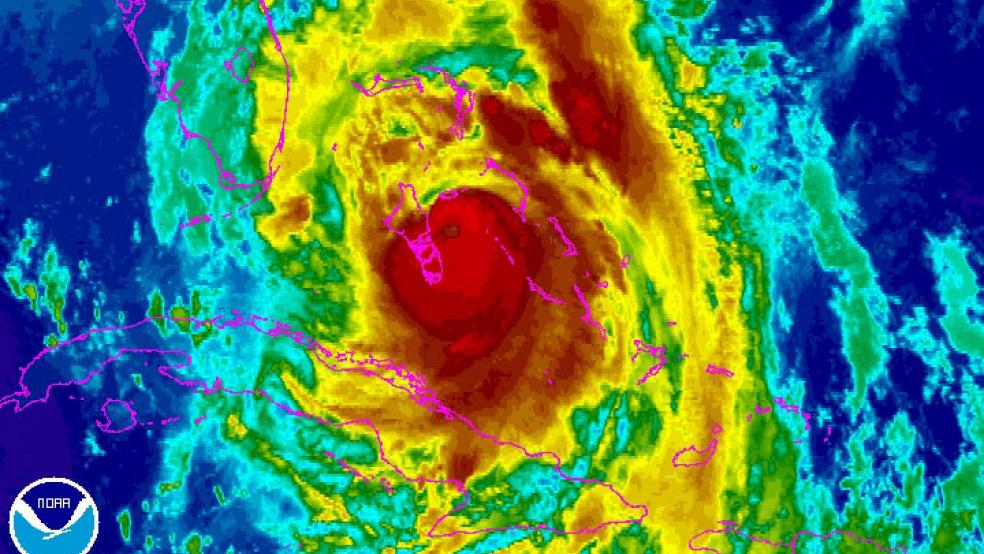Hurricane Matthew's immediate effect on fuel markets is expected to be limited, but gasoline prices could whipsaw in the coming weeks as the storm causes gyrations in supply and demand in the Southeast.
"Hurricane activity can have a mixed impact on supply and demand; while supply disruptions can be a bullish influence, the dent to demand caused by inclement weather can serve to offset this," ClipperData Director of Commodity Research Matt Smith told CNBC.
Related: How a Hurricane Gets Its Name
Gasoline prices are rising marginally in Florida, and many drivers in the Southeast showed up to the pump in recent days to find stations out of fuel. About 1.5 million people were fleeing south Atlantic coastal areas on Thursday as the storm, which some experts believe could be the most devastating to hit Florida in a decade, closed in.
On Thursday, the average price of gasoline in Florida rose 2 cents from Wednesday to $2.178, and was up 4.3 cents from last week, according to GasBuddy.com. Prices were also up about a penny in North and South Carolina from Wednesday.
Analysts said prices were spiking in part as regional distributors stocked up and consumers filled their tanks ahead of the storm.
But as of Thursday, Matthew was not expected to travel much further up the East Coast, and the most severe effects should be limited to the eastern half of Florida and coastal areas of Georgia and South Carolina.
Related: Hurricane Season This Year May Be Strongest Since Sandy
Prices to be hit by 'demand destroyer'
The storm is not expected to affect U.S. oil infrastructure or refineries, so supply will be largely unaffected. In fact, demand will likely fall in the coming days as drivers stay off the roads in the Southeast, said Tom Kloza, global head of energy analysis at OPIS.
"This is a demand destroyer. That's the bottom line," Kloza said, noting that people don't drive in the rain the way they do in dry weather.
The dip in demand should offset the higher gasoline price drivers are seeing now.
Florida is most likely to feel the impact because its crude supplies arrive from offshore, and it has limited inventory, according to Kloza. But the region is fortunate because last month's pipeline outage in Alabama left some crude bound for the Northeast stranded in the South, he added.
The storm could also sideline demand for oil if the Southeast experiences power outages, Bespoke Weather co-founder Jacob Meisel said.
"Essentially, [Hurricane Matthew] could add some volatility … but the net will be just slightly bearish over the next couple of weeks as the ensuing demand falloff should be larger than the spike we are seeing ahead of the storm," he told CNBC on Wednesday.
While refining capacity in the Gulf of Mexico will be unaffected and the storm's impact will be transitory, ClipperData's Smith said he couldn't rule out some response in regional retail prices due to potential supply constraints.
"We are already seeing gasoline cargoes being redirected for the East Coast — both to avoid the storm, and to fill the supply loss after," he said.
This article originally appeared on CNBC. Read more from CNBC:
Salesforce CEO Marc Benioff on Twitter speculation: 'It's in our interest to look at everything'
The risk of contractors is real, Justice Dept. national security head says
NASCAR driver Danica Patrick explains why everyone should have life insurance




